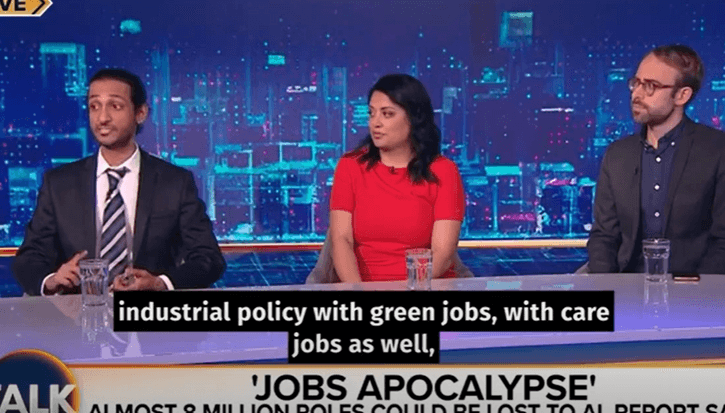The bittersweet recovery
Article
The UK economy is doing better now than at any time in the last three years. Real GDP increased at an annual rate of 3 per cent in the middle two quarters of 2013, and forecasters have been forced to revise up their estimates for growth in 2013 and 2014. Likewise, employment growth has outstripped even the most optimistic projections.
However, this good news needs to be seen in context: we are experiencing the slowest recovery in living memory, GDP remains below its pre-recession peak, and if real GDP had continued to grow in line with its pre-recession trend it would now be some 15 per cent higher than it actually is - and we would all be substantially better off as a result.
This paper examines the basis of this nascent recovery, and finds that:
- the falling unemployment rate masks substantial growth in the scale of both long-term unemployment and underemployment, as well as falling productivity levels and real median wages
- the chancellor's promised 'march of the makers' has come to very little in terms of the manufacturing sector's investment and exports
- the help to buy scheme is inflating growth and creating a new housing bubble financed by household debt
- the UK has internationally low rates of investment, which reflects the persistent short-termism of the country's businesses, and is exacerbated by the dominance of the financial sector.
It concludes that it is time for the UK to adopt a new economic model - one that will deliver better lives for the majority of the population, not just an elite few.
Related items

Forging ahead: Deciding the direction of IPPR's Migration Policy Unit
In our last blog post for the Migration Policy Unit we shared our new way of working as we endeavour to be inclusive and transparent in our policymaking process. In this blog we set out what our first and flagship project is for the policy…
Who gets a good deal? Revealing public attitudes to transport in Great Britain
Transport isn’t working. That’s the message from the British public. This is especially true if you’re on a low income, disabled or living in the countryside. The cost of living crisis has exposed the shortcomings of our transport system,…
Bhargav Srinivasa Desikan on TalkTV discussing AI
IPPR's Bhargav Srinivasa Desikan on TalkTV discussing his new report on the impact of generative AI on the UK labour market.